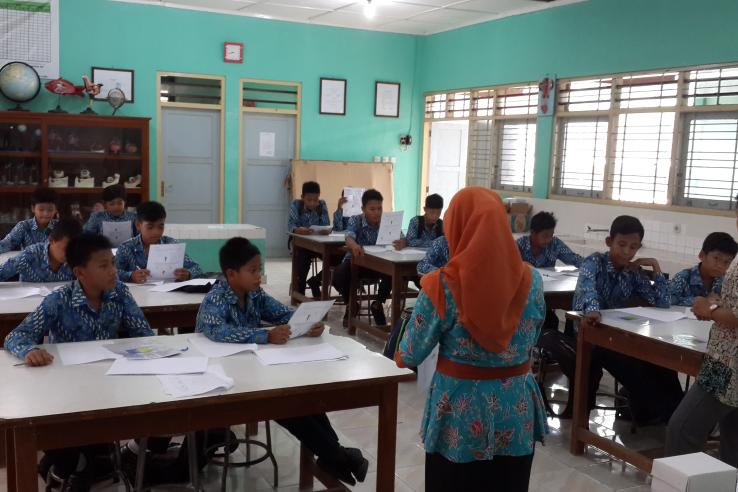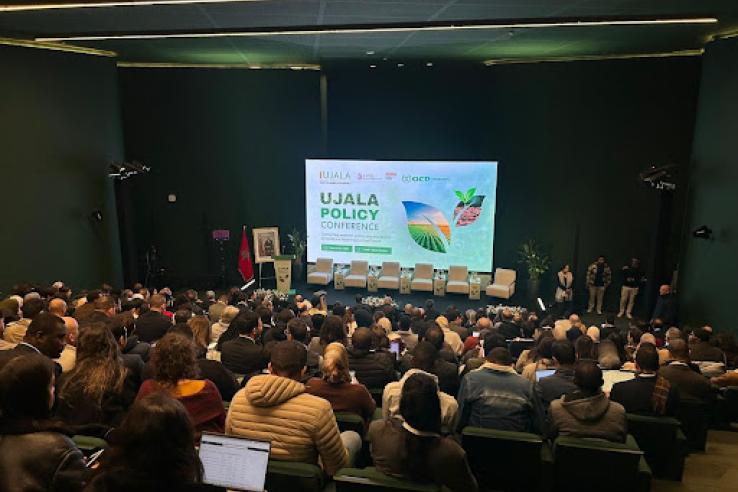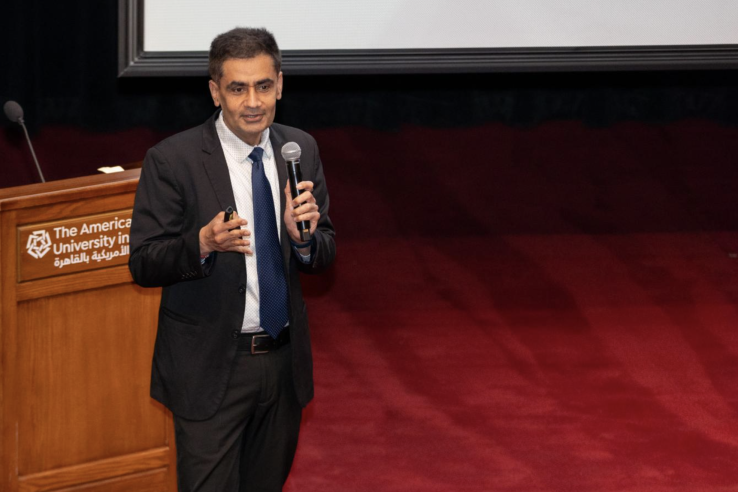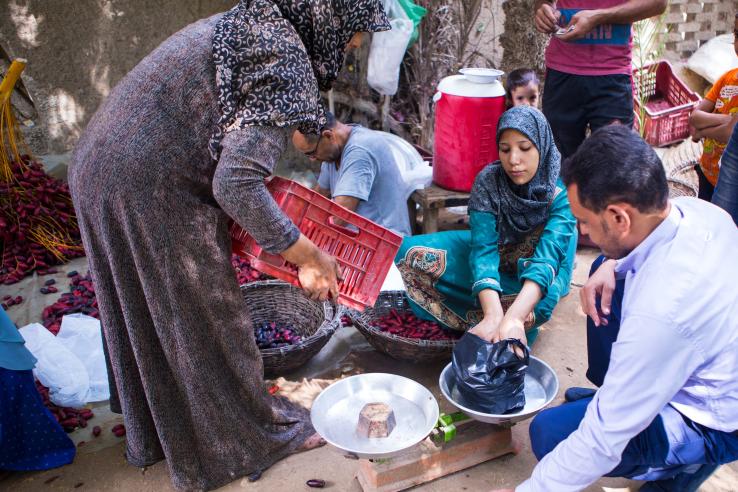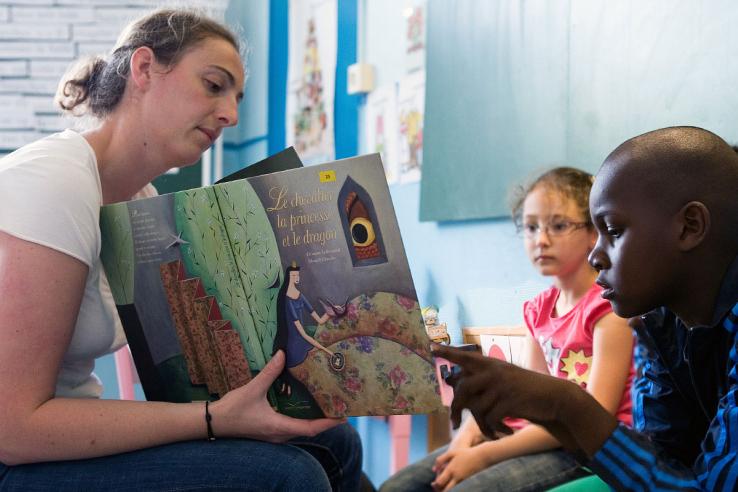The Impact of a School-Based Smoking Prevention Program in Indonesia
Michael Kremer
From evidence to action in agricultural policy: What the UJALA Policy Conference revealed
2026 Annual Letter from the Global Executive Director
Estimating the Human Costs of Debtor Prisons
Carolina Concha-Arriagada
Teevrat Garg
Selene Ghisolfi
Education
J-PAL’s Education sector uncovers the most impactful strategies for getting more children in school and learning. In collaboration with Community Jameel through the Jameel World Education Lab (J-WEL), we are committed to advancing evidence-informed approaches to transform education and empower...
